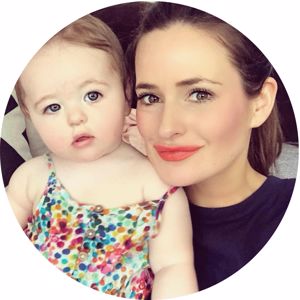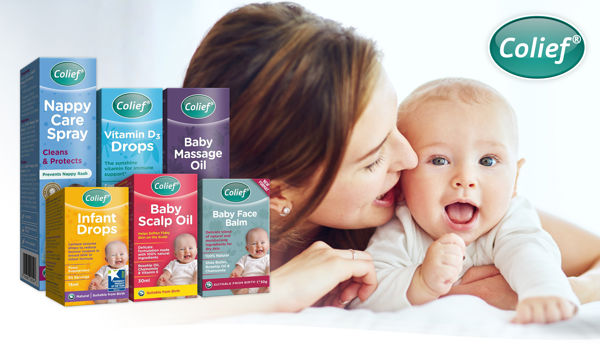For new mums, the return of Aunt Flo/periods/menstruation after giving birth is a milestone. This blog post explores some FAQs surrounding the return of periods after childbirth and offers some tips on how to navigate this transition.
How Long Does it Usually Take for Periods to Return?
I canvassed a few of my girlfriends before writing this blog, and it really is true that the timeline for the return of menstruation is so different from woman to woman. According to the NHS, your first period could start as soon as five to six weeks after you give birth, while Tommy’s add that you may be able to get pregnant as little as three weeks after the birth of your baby, even if you are breastfeeding and your periods haven’t started again yet!
I think a lot of women assume that if you’re breastfeeding, you’re not going to get a period, and that was certainly true for me. But it can be so different from woman to woman and even birth to birth.
One of my best friends breastfed her first baby for 20 months, and her periods returned on month 18. With her second, she breastfed for eight months, with her period returning in month six. Another friend of mine went back on the progesterone-only pill almost straight away, so none of her periods returned. For me, it was around five months both times, but after my first child, my periods were very light, and after my second, they were horrendously heavy.
Can You Get Pregnant Before You Have a Period?
The answer is a straight yes.
You can absolutely conceive before the return of your periods – especially women who are not exclusively breastfeeding. Frequent breastfeeding is thought to inhibit the release of hormones that make up your monthly cycle, but the truth is, ovulation can occur before the first postpartum period, so it’s essential to use contraception if you’re not ready for another pregnancy.
What Will Your First Period After Birth Be Like?
Your first period after childbirth can be a scary prospect. You’ll hear your midwife refer to it as ‘postpartum bleeding’ and again, it can vary in duration and intensity. It’s usually a heavy bleed that resembles a heavy period, and it can last quite a while, sometimes only tapering off after several weeks.
According to NCT, “Bleeding often lasts for around four to six weeks, but could last up to 12 weeks after your baby’s born… Bleeding will start off heavy and red to browny red.
It will become lighter in colour and flow over time.” You’ll likely experience some cramping and clots – which is all considered normal.
Can I use Tampons After Giving Birth?
Due to the risk of infection, avoid using tampons or menstrual cups until your six-month postnatal check. This goes for both C-section and vaginal births. Instead, use maternity pads or sanitary towels.
When Should I Worry/Go to a Doctor?
If you experience a heavy flow and suspect something isn’t right, contact your health practitioner
immediately. Here are some red flags to be mindful of:
- Excessive bleeding
- If you’re soaking through a pad every hour or passing large clots, it could be a sign of postpartum haemorrhage (PPH) and requires immediate medical attention. Postpartum haemorrhage (PPH) is excessive bleeding from the vagina at any time after the baby’s birth, up until 6 weeks afterwards.
- Unusual symptoms or persistent pain
- If you experience severe or persistent abdominal pain or cramping, get help, as this may signal an underlying issue such as infection or retained placental tissue.
- Any unusual or concerning symptoms accompanying your period, such as fever, foul-smelling discharge, or pelvic pain, should be evaluated by your midwife, health visitor or GP as soon as possible.
In conclusion, the return of periods after childbirth is a unique journey for each woman. Your body has undergone quite the journey, so it’s essential to be patient with yourself and always seek help if you’re worried or suspect something isn’t quite right.






